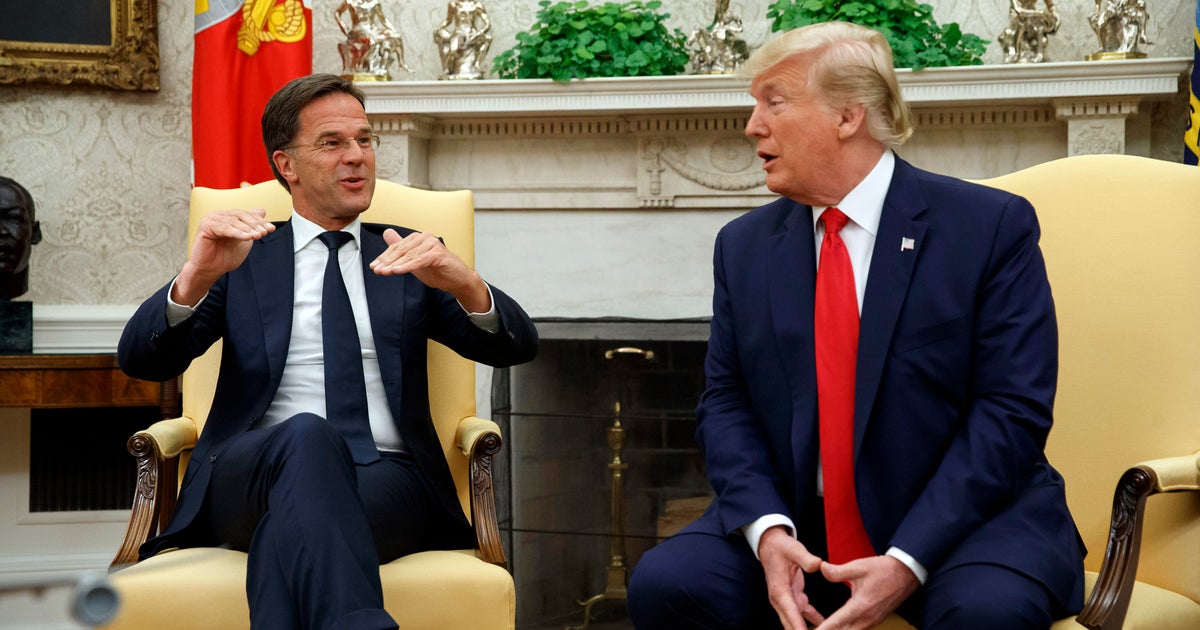Trump says "barriers and tariffs" with China are coming down
President Donald Trump said in a tweet that the "Barriers and Tariffs" with China will "come down for first time" and that it had agreed to buy "massive amounts of ADDITIONAL Farm/Agricultural Products."
U.S. stock market futures indicate share prices will jump in early trading on Monday following the easing of trade tensions. Mr. Trump's tweets come after China said it would "significantly increase" purchases from the U.S. and Treasury Secretary Steven Mnuchin declared a "hold" on the trade war while negotiations over various trade matters continue.
"We have agreed to put the tariffs on hold while we try to execute the framework,"Mnuchin said, speaking on "Fox News Sunday."
Mr. Trump said in a tweet that "Fair Trade, plus, with China will happen!" In another tweet, he added, "China has agreed to buy massive amounts of ADDITIONAL Farm/Agricultural Products - would be one of the best things to happen to our farmers in many years!"
Still, China's government said it cannot guarantee renewed trade tension with Washington can be avoided.
A foreign ministry spokesman, Lu Kang, said Monday that Mnuchin's comments showed both sides hope to avoid a "trade war." However, he added, "Given the increasing interaction between the two countries, we cannot assure you they will not encounter more frictions or disputes in the future."
Despite Mnuchin's comments, the two sides gave no indication how much progress they had made toward ending their dispute.
China isn't specifying just how much it will reduce America's trade deficit, only that it would be substantial. The Trump administration had sought a deficit reduction of $200 billion.
"The statement noted agreement on reducing the U.S. trade deficit with China by increased purchases of U.S. goods and services by China, including agriculture, energy and manufactured goods and services," wrote Louis Kuijs, head of Asia economics at Oxford Economics. "However, despite U.S. pressure, it did not include any quantitative target, as China resisted the, practically almost impossible, U.S. demand of a reduction of $200 billion in the bilateral trade deficit."



